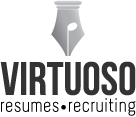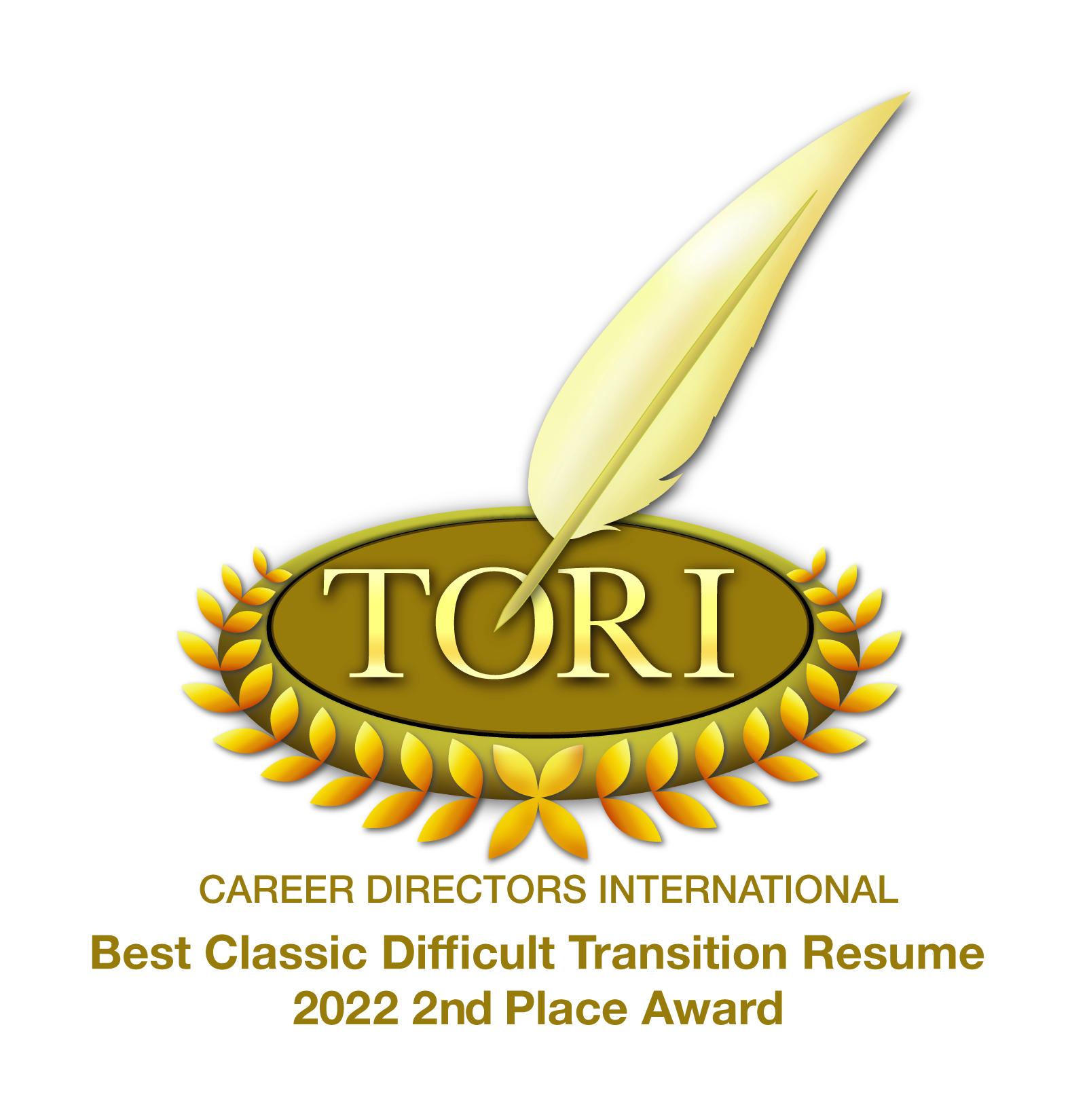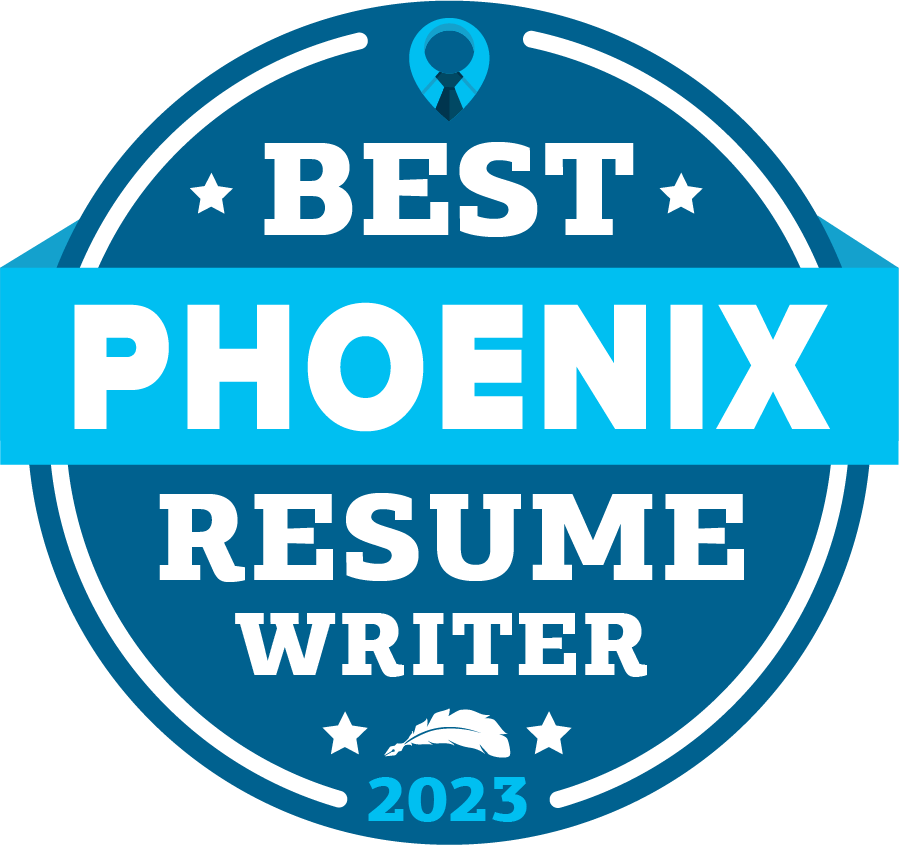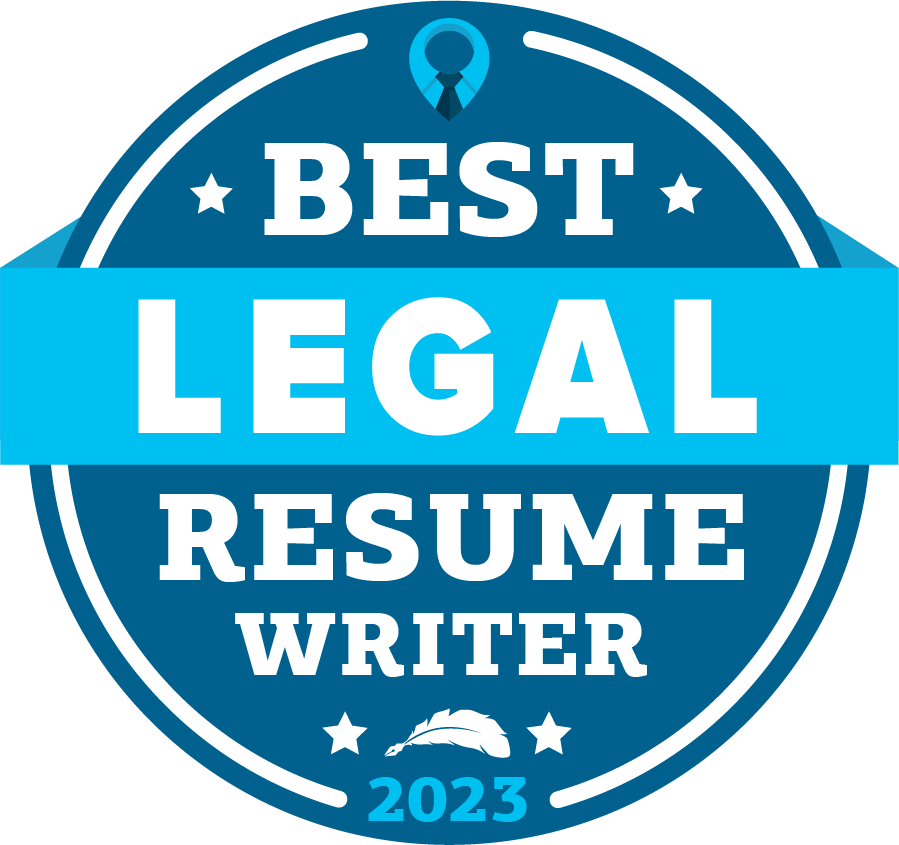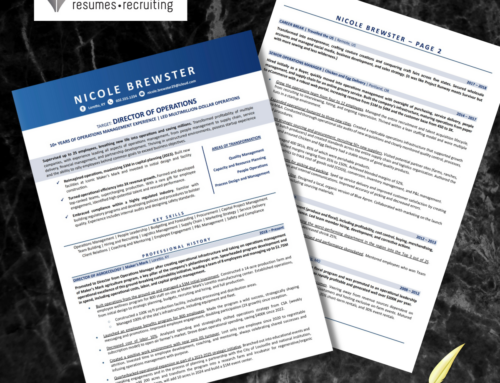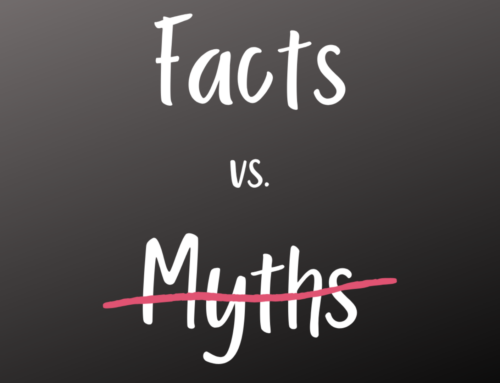I’m stuck at home. You’re stuck at home. The job market is a train wreck and 2020 is a dumpster fire. I realize that this isn’t really a revelation to you but consider this…Is there any better time to work on your resume? Here’s the good news – you still don’t need to wear pants to do it. (And I’m being honest here – I haven’t worn anything other than yoga pants in 6 weeks. I can unequivocally state that your choice of pants will not negatively impact your writing skills. Thank goodness.)
So go ahead, wear your daytime jammies, and get to work on your future by writing your resume!
By far, the hardest part is figuring out what to say in the executive summary. I recently blogged about the death of the objective on the resume, so go ahead and read it if you’d like to learn more about resume building blocks (and why you need to omit the objective statement).
What I’m going to do here is to take you through my process. Hopefully, this will help you simplify resume writing, at least for the opening of your document!
_______________________________________
Start with your target job title or the job title that you are targeting. So far, so good, right?
Strategically speaking, the executive summary is a paragraph that outlines your biggest career successes combined with your biggest value. One of the most common resume mistakes I see are executive summaries full of nothing but adjectives describing the applicant. OMG boring! Honestly, I don’t care how you see yourself or even how others see you. What I, as a recruiter and hiring manager care about, is your value. What you’ve done. What you’ve accomplished. And how you can help me as your potential employer.
You need to clearly demonstrate your value and the best way to do this is to describe your biggest win. Here are some questions to get you started and thinking in the right direction. I’ve gone ahead and broken them up by career and industry. Read until the end to see some great examples to follow!
Sales & Business Development
- How much in total revenue can be tied to you?
- How much have you saved your clients?
- Do you have a track record of exceeding your sales quota? Up to how much?
- What about sales volume? Or breaking into new markets? Dominating your territory? Adding new high-profile accounts?
Contracts
- Did you shave 10% or 20% off the last round of contracts you negotiated?
- How much savings have you generated over the course of your career?
- Did you rationalize your suppliers and drive value? How much?
Leadership
- How many employees have you managed at the most?
- Do you have a track record of developing staff and helping them achieve promotions?
- Did you decrease turnover?
- How did you support a positive culture and transform the workplace?
- Did you increase employee engagement?
Military
- Are you a Veteran or in the Reserves?
- Did you lead or train personnel?
- Do you have commendations and medals?
- (I have a separate blog on resume writing for military veterans. It’s a few years old, but the fundamentals still apply. Read that for additional direction.)
Manufacturing
- Did you improve productivity on the manufacturing line?
- Did you boost the quality of a product by obtaining higher quality raw materials?
- Did you decrease the cost of production?
Communications
- Did you avert a major PR disaster?
- How did you help streamline internal communications?
- What’s the biggest increase in social media followers you have attracted?
- Did you have anything go viral? How many hits did it have?
Technology
- Did you head up a technology transformation?
- Have an ingenious solution to a complex coding error?
- Did you improve the UI or CX?
- How about finding a way to decrease costs?
- How many M&A technology integrations have you led? Were they for large companies? (Here’s an opportunity to name drop.)
Human Resources
- Did your HR leadership result in reduced risk?
- Decreased turnover?
- Improved hiring profile?
- Savings?
Marketing
- Did your new product or business line launch on time?
- How quickly did sales build?
- Did your marketing initiative generate revenue or leads?
- What was the biggest market impact you’ve had?
Retail
- Did you not only survive, but thrive on Black Friday?
- On a really busy day, what is the foot traffic like and how many customers are you helping?
- Do you increase the average sale with add-ons? How much?
- How much in sales did you generate on a stellar sales day?
If you answered yes to any of yes/no questions – the next question to ask is “so what?” Your answer to THAT question will lead you to amazing, impactful content. Back that up with a quantifiable metric and you’ve distinguished yourself from the rest of the applicants.
_______________________________________
Here’s an example: Strategic media relations expert with a foundation in public relations (PR) and marcom. Brings 20 years of executive communications leadership experience – the strategy behind transforming a startup into a global powerhouse recognized in 200 countries – and countless successful pitches to national and international media including CNN, CNBC, FOX, and Associated Press.
_______________________________________
How about another? Cause-driven, sophisticated operations expert with 20 years of executive leadership experience and expertise directing services to at-risk vulnerable populations. With P&L responsibility for up to $432M and accountability for as many 7.2M clients on behalf of social service programs including the VA and State of California – career savings total more than $50M. Brings exceptional skill at change management, a board room presence, and mentorship skills which have enabled 75 employees to achieve promotions in addition to providing daily leadership of 2.5K employees.
_______________________________________
The takeaway? Using numbers in the executive summary will quickly help the reader understand that you have quantifiable value. Remember…money talks! And everything else walks (and doesn’t get the job).
Have a question? Email me at krista@virtuosoresumes.com.
